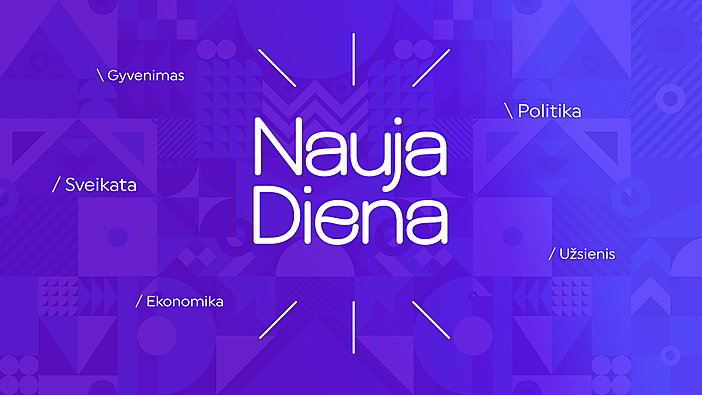In the face of the predicted economic recession, investors today should review their investments and look for ways to balance their appetite for earnings and possible risks, therefore investing in loans to private individuals with real estate collateral will become another opportunity to have more security guarantees, since all investments will be secured by real estate. It is predicted that the annual return on such loans will be from 6 to 10 %.
"Real estate collateral is a common practice for larger business loans, but business loans are considered more risky than housing loans, because it is much easier for a business to go bankrupt than for an individual, and even if it were to happen, there is a greater chance of debt collection from an individual, which we take care of, having all the legal options to sell the pledged property", said Audrius Žiugžda, director of the peer-to-peer lending platform SAVY.
Investors can choose for themselves which loan and which amount to invest, evaluating the potential returns and risks. The interest of each loan with real estate collateral is determined individually taking into account several main criteria - the sustainability of the person's (family's) income, the amount of the down payment, ratio of the loan amount and the value of the property (LTV) and the ratio of income and financial liabilities. The minimum possible investment amount is EUR 100, the maximum is EUR 1 000.
SAVY already has a positive experience in administering loans with real estate collateral. In 2015 - 2017, until the new real estate-related Credit Law came into force, implementing the European housing credit directive, loans with real estate collateral were issued for almost EUR 0.5 M, and the average annual interest rate of these loans was 12.31 percent. More than EUR 140 000 of interest has already been paid to those who invested in these loans. 98 percent of the issued loans have already been repaid, and none of the remaining active loans are overdue or insolvent.
Currently the competition in the housing loan market is quite high, but traditional banks are still reluctant to grant loans for anything other than the first home, so SAVY loans with real estate collateral will be a good alternative for those who want to purchase a second or third home, garden home, or other plot of land. The received loan funds can also be used for home repairs or refinancing of existing loans. The maximum amount of loans with real estate collateral is EUR 200 000, and the period is up to 20 years.
About “SAVY”
“SAVY” – the first peer-to-peer lending platform in Lithuania, which unites people who want to borrow and people who want to employ their money and receive higher return. The platform is guided by the provisions of responsible lending and operates according to 5 licenses issued by the Bank of Lithuania. Since the start of operations in 2014, loans for more than EUR 55 M have been financed through the platform and the amount of interest paid to investors amounts to more than EUR 9 M. Currently, the platform unites more than 35 000 registered investors and over 100 000 registered borrowers.


